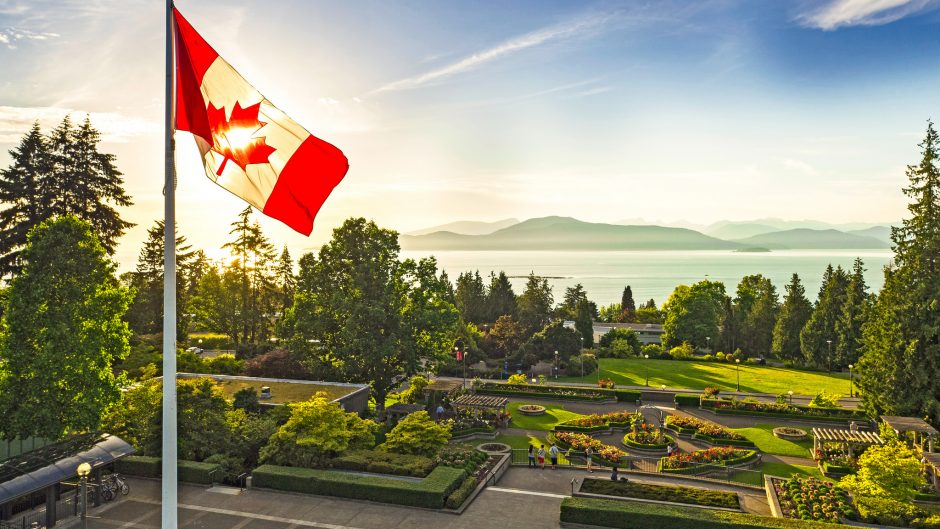
For international Human Rights Day, Roshni Narain explains her role at UBC and how it supports the rights of our community.
How does your work support human rights at UBC?
My official title is Human Rights Advisor. In this role, I offer advice, information, education, and support to students, staff and faculty – both at the UBC Vancouver and UBC Okanagan campuses – who have concerns or questions around discrimination and/or harassment. Where possible, I assist in arriving at early resolutions to these concerns through informal processes. My work is driven by UBC’s Policy #3: Discrimination and Harassment.
People will often come to see me because they feel ‘stuck’ or ‘blocked’, or because they feel overwhelmed by their experience(s); they may not know how to proceed or who to turn to. Through private dialogue, exploration, and collaboration we work to figure out the processes through which they can build greater capacity to respond so as to make their own life at UBC ultimately more positive and generative.
The kinds of discrimination that I may work with align with the prohibited grounds set out by the BC Human Rights Code, namely: age, ancestry, colour, place of origin and race, criminal conviction, physical or mental disability, family status and marital status, political beliefs, religion, sex, sexual orientation, and gender identity or expression.
What inspires your work?
I believe that people are fundamentally committed to working and learning with one another in a productive, generative and creative environment, and that this commitment can help move us to think, move and act ‘otherwise’.
My work is grounded in a critical, social justice framework. I focus on individual and systemic forces and processes that create inequality and inequities, because it is inequities and inequality that contribute to and sustain the climate for human rights violations. Ultimately, I believe in transformational change, and human rights is one tool (among many) to create change.
If someone feels they’ve experienced discrimination or harassment, what is the process by which they can connect with you?
If someone would like to meet me for a confidential consult, they are welcome to call or email me. I also have drop-in hours on Mondays and Thursdays from 11-2 at our office in Brock Hall. I aim to provide a welcoming, safe environment where we collaboratively seek to better understand those issues and how to approach them. Members of the UBC community can also access our intake form on our website and send it to me.
Our services are delivered impartially; community members who have a concern about discrimination or someone who has been named as having harassed or discriminated against a community member can access our services in a confidential manner, and in a respectful environment that ensures privacy is protected and respected.
Why do you think the ongoing recognition of Human Rights Day is important
2018 will mark the 70th anniversary of the Universal Declaration of Human Rights and almost 70 years on, we continue to witness the ways in which human rights are still highly contested, and see the resulting corrosive effects of those processes.
Human Rights Day is important because it reminds us that each of us have the right to be recognized for our humanity without a breach to our sense of dignity.
It reminds us that we are not alone in supporting human rights — that we are part of a local, national, and global community of people who are committed to advancing human rights, creating equitable and inclusive communities, and recognizing and enhancing each other’s sense of self-worth.